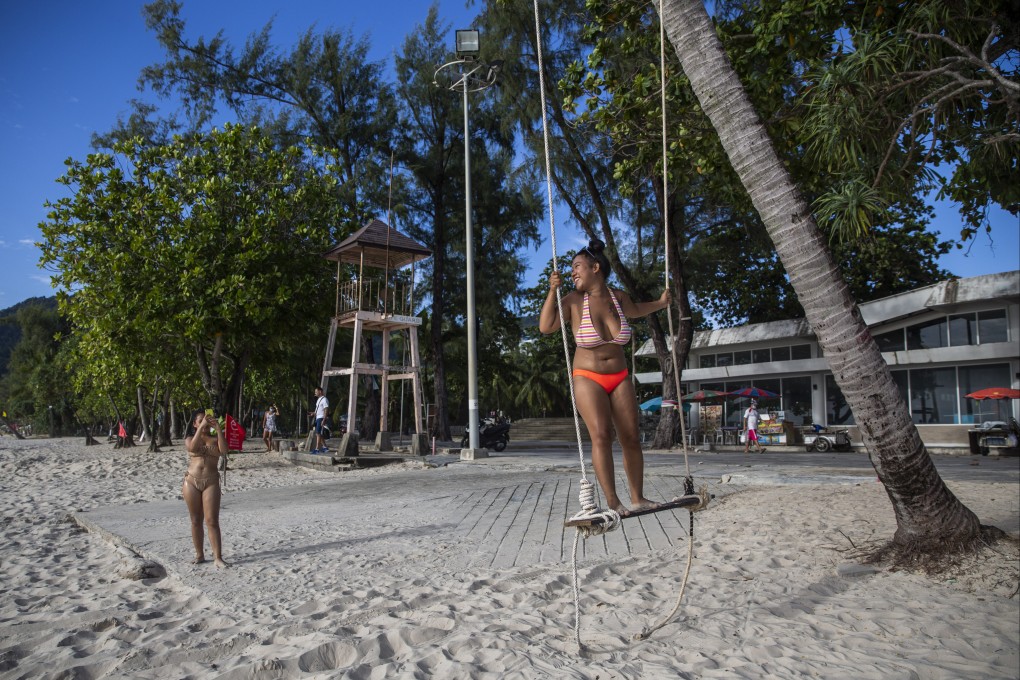Advertisement
Opinion | Thailand needs a better Covid-19 strategy if it wants tourists to return
- With vaccine hesitancy high amid supply delays, the government must get its act together if Thailand is to reach herd immunity this year and not imperil the ‘Phuket Sandbox’ and other similar tourism reopening schemes
Reading Time:3 minutes
Why you can trust SCMP
2

As of August 3, Phuket has shut down all domestic travel to and from the island due to the rising number of mainly Delta variant Covid-19 cases in Thailand. New daily infections have topped 18,000 nationwide.
The severity of this second wave, alongside lockdowns in Phuket, Bangkok and surrounding provinces, casts doubt on the feasibility of the “Phuket Sandbox” and “Samui Plus” tourism reopening programmes.
The Thai government has been lambasted for its inefficacious Covid-19 response, which is believed to be a reason for the rise in vaccination hesitancy. The plan is to inoculate 50 million people, or about 70 per cent of the population, by the end of the year to achieve herd immunity. But to date, fewer than 6 per cent of the population have been fully vaccinated.
Advertisement
A YouGov poll of Thai respondents found that the percentage of those willing to be vaccinated fell to 63 per cent in May. Though it has recovered since to 70 per cent, it remains well below the high of 83 per cent at the start of the year. A Suan Dusit Poll in late May found that only 57 per cent of respondents believe the vaccines offered by the government would help develop immunity against Covid-19 and its effects, with 59 per cent worried about side effects.
Vaccine hesitancy comes in part from uncertainty over the effectiveness of Sinovac, one of two main vaccines distributed in Thailand, leading many to question the Thai government’s decision to buy more Sinovac vaccines.
Advertisement
Such concerns had led Singapore to at first exclude Sinovac vaccine recipients from the national tally of vaccinations, with its health minister Ong Ye Kung explaining on July 7: “We don’t really have a medical or scientific basis or have the data now to establish how effective Sinovac is in terms of infection and severe illnesses on Delta.” The city state has since reversed its stance, announcing on Friday that it would from August 10 accept all Covid-19 vaccines under the World Health Organization emergency use list, including Sinovac, in the tally.
Advertisement
Select Voice
Select Speed
1.00x
